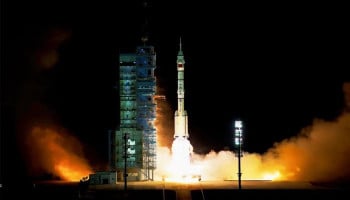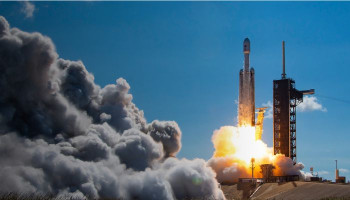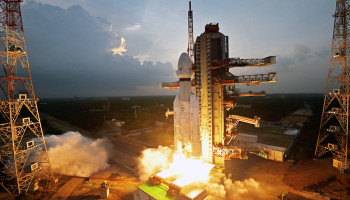
The Astronomer Royal, Prof. Lord Martin Rees, has cautioned against Elon Musk’s ambition to establish a colony on Mars, labelling it a “dangerous illusion." Lord Rees emphasised the importance of solving Earth’s problems, particularly climate change, rather than seeking refuge on another planet.
During his appearance on the podcast Lord Speaker's Corner, Lord Rees stated scepticism about mass migration to Mars, stating that addressing Earth’s challenges is far more feasible than making it more habitable. He suggested leaving space exploration to private pioneers rather than making it a goal for national governments.
Elon Musk, CEO of SpaceX, has long been vocal about his vision to build a settlement on Mars, aiming to make humans a multi-planetary species. SpaceX’s efforts have centred on developing rockets and spacecraft capable of travelling to and from other planets.
While Musk believes Mars could be a backup for humanity in the face of global catastrophes, Lord Rees urged a cautious approach to human spaceflight. He advocated for prioritising robotic missions for practical tasks and suggested that only individuals willing to accept risk should venture into space with private funding rather than public financing.
Lord Rees also expressed concern about the potential dangers of gain-of-function research, which aims to enhance the virulence and transmissibility of pathogens. He warned of the possibility of engineered epidemics resulting from such research and called for better regulation and surveillance of laboratory experiments.
Lord Ress cautioned against placing undue emphasis on colonising Mars while urging a focus on addressing pressing issues on Earth. He emphasised the need for cautious space exploration and stricter oversight of biomedical research to mitigate potential risks.
















